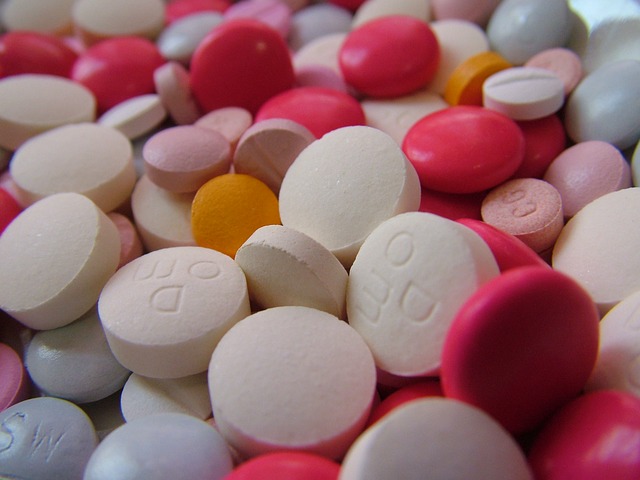Researchers at the Massachusetts Institute of Technology have developed a portable device that may allow physicians to produce single doses of biopharmaceutical medications when needed, possibly making treatment of disease faster, Gizmodo reports.
The portable production system was funded by the US Defense Advanced Research Projects Agency, and is expected to work on the battlefield and in remote areas to produce biopharmaceutical treatments immediately.
Biopharmaceutical drugs, or biologics, are pharmaceutical drugs made from biological instead of chemical sources. These may be proteins, sugars, nucleic acids or even living cells. Examples of such treatments are vaccines, antibody and viral gene therapies. The earliest form of biologics is biosynthetic insulin in 1982, made using recombinant DNA.
The system, for example, can produce a drop of liquid from a machine containing programmable yeast cells. Pichia pastoris, a strain of yeast that can be “induced to express one of two therapeutic proteins when exposed to a particular chemical trigger,” says the MIT team.
The yeast is contained in a micro-bioreactor, which contains a micro-fluidic chip. When a liquid that has a specific chemical trigger is fed into the reactor, it mixes with yeast. It is then pressurized using silicone rubber, which aids the mixing process, and because silicone rubber is gas permeable, oxygen can enter the cells and carbon dioxide is released.
If a different protein is needed, the liquid can be flushed out a filter.
Timothy Lu, associate professor at MIT and senior author on the study, says,
Imagine you were on Mars or in a remote desert, without access to a full formulary, you could program the yeast to produce drugs on demand locally.
The process is expensive, but the scientists on the study suggest creating a strain like Pichia pastoris, which has many uses. Lu says, “If you could engineer a single strain, or maybe even a consortia of strains that grow together, to manufacture combinations of biologics or antibodies, that could be a very powerful way of producing these drugs at a reasonable cost.”
In addition, using the device to produce something like vaccines would be very valuable, since the study says it can decrease “undesirable background production” or be brought to areas where terrain and geography makes them difficult locations.
The system was described in the journal Nature Communications.
























